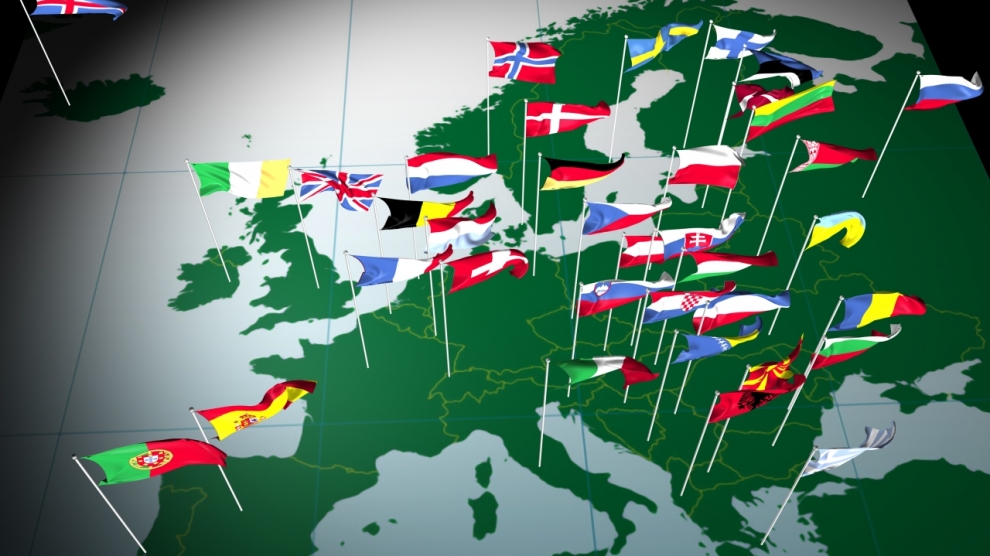Economic strategies are being questioned in several countries, both in Emerging Europe and elsewhere. Politicians have proposed more nationalist economic approaches, and in some cases are acting on them, in both Hungary and Poland as well as the US and the UK. In the former two emerging Europe countries, governments have consciously adopted policies of promoting nationally owned businesses, ostensibly out of concern that excessive foreign ownership hurts the country’s welfare.
To what extent does this concern have merit?
The extent of foreign ownership in the new EU member states and in the Western Balkans is generally higher than in the rest of Europe. However, to describe these economies as “largely foreign-owned,” as Filip Novokmet, Thomas Picketty, and Gabriel Zucman do in a recent paper, is an exaggeration. Foreign ownership of the capital stock (FDI to total capital stock) ranges from about 15 per cent in Romania, to over 50 per cent in Montenegro, with most countries between 25 to 40 per cent. This compares with levels of 10 to 30 per cent in most western and southern European countries. The relatively high level of FDI in the transition economies is heavily influenced by the local capital needs of cross-border bank groups.
But does this level of foreign ownership hurt the economy? Direct foreign investment through the banking system has been the main vehicle for the import of modern technologies, skills and organisation that have stimulated rising productivity. There is little evidence that foreign investment has looted assets or closed down potential competitors: on the contrary, there are conspicuous examples of production of parts or whole product lines being shifted into the region, particularly in the automobile industry. Cross-border banking made a vital contribution to raising the standards of commercial behaviour, even if there were some negative phenomena, such as FX lending. And on the whole, the foreign-owned banking system provided considerable support to countries which might otherwise have been badly hit by the global and eurozone crises.
The foreign-owned banking system has been the conduit for considerable flows of capital into the region over the last fifteen or twenty years. Unlike most emerging market regions which have seen sustained outflows, capital has flowed towards places in Emerging Europe where it was scarce, benefitting both sides of the deal. The relatively high level of foreign ownership in the region is a reflection of these sustained inflows.
It would be very difficult to reverse this high level of foreign ownership, in any case. The transition economies in the region have very low levels of foreign assets. This reflects both initial endowments and the current account deficits that have been the counterpart of the import of capital. Resources to buy out foreign ownership could only be found by running much higher rates of domestic savings than hitherto.
Higher savings rates may be desirable for other reasons, although they would depress consumption in the short run. The region’s populations are ageing rapidly, and it would be useful to have a pool of assets to draw on until the dependency ratio (working age population to total population) stabilises. But if these countries were to run balance of payments surpluses which they could devote to their looming pension problems, should they buy out non-resident owners of their capital stock, or acquire assets abroad? Just like an individual, a country can benefit from a diversified asset portfolio, and hard-earned national savings would earn a better risk-adjusted return by acquiring assets in growing economies outside the country. Some politicians need to learn that an outward-oriented investment strategy for their countries’ assets is likely to be of most benefit to their people.
_______________
The views expressed in this opinion editorial are the author’s own and do not necessarily reflect Emerging Europe’s editorial policy.


Add Comment